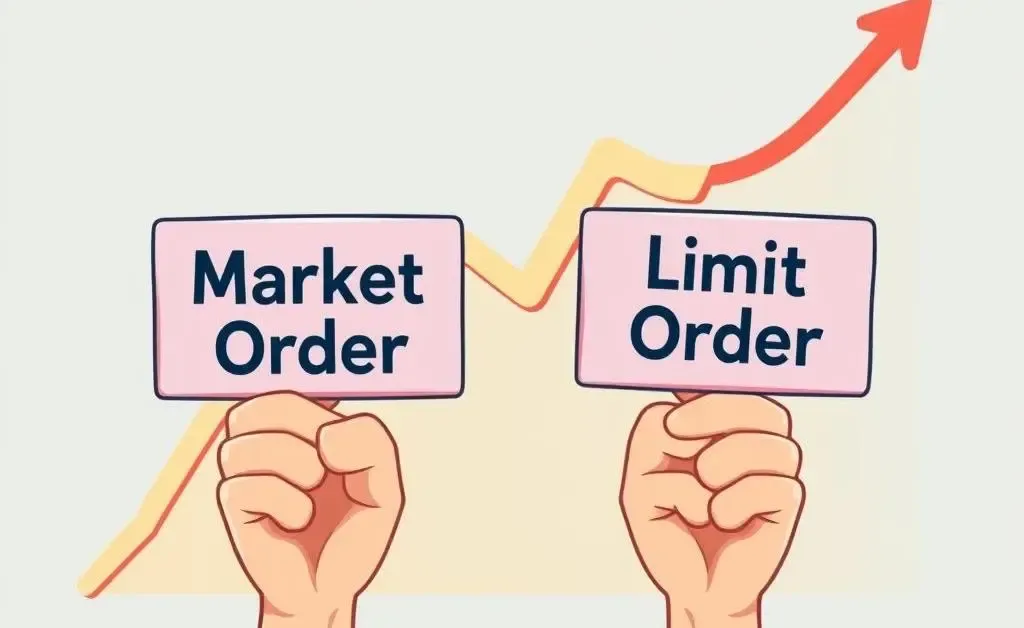Market vs. Limit Orders: Navigating the Investment Seas
Discover the key differences between market and limit orders and find out which is the best choice for your investment strategy.

Have you ever stood at the edge of a diving board, trying to decide whether to jump or wait for the perfect wave? In the world of investing, choosing between a market order and a limit order can feel a bit like this dilemma.
Understanding Market Orders
Market orders are a bit like diving in headfirst. You decide you want to buy or sell a stock, and you go for it, taking the price right at that moment. It's quick and often ensures the trade is executed rapidly, especially in a volatile market.
Imagine you're out shopping on Black Friday. You've got your eye on a top deal and you buy it immediately without negotiating—just like a market order.
The Deliberation of Limit Orders
Now, imagine you're at an auction. You have a set price in mind and you're not going over it no matter what. That's a limit order. It lets you specify the price at which you want to buy or sell, giving you better control, yet it comes with the risk that the order might not execute if the market doesn't hit your price.
- Advantage: Precise pricing.
- Risk: Missed opportunities if not executed.
- Use case: When price control is more important than timing.
Say you're looking to buy an oven on clearance. There's a price ceiling you've set, and you're determined not to budge.
When to Use Each Type
The decision often comes down to your investment strategy. If you value speed and efficiency, market orders can serve you well. If you're focused on price accuracy and can afford to wait, limit orders are your friends.
For example, I remember a time when my friend Sophie, a cautious investor, was determined to buy shares of her favorite tech company. She set a limit order and patiently waited for her desired price. Meanwhile, her more dynamic friend Joe snagged shares right away using a market order. Both had different goals and their strategies reflected that.
Deciding Factors
Here are some things to consider:
- Market Conditions: In stable markets, market orders may be less risky.
- Trading Costs: Sometimes smaller trades with market orders incur lower fees.
- Investment Goals: Long-term or short-term trades may dictate your strategy.
Wrapping up, remember that your choice isn't permanent—adapting to market learnings over time is key. What's your strategy for the next market wave?




